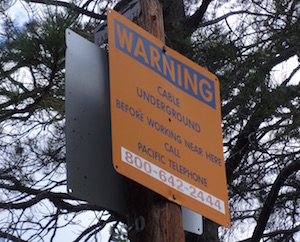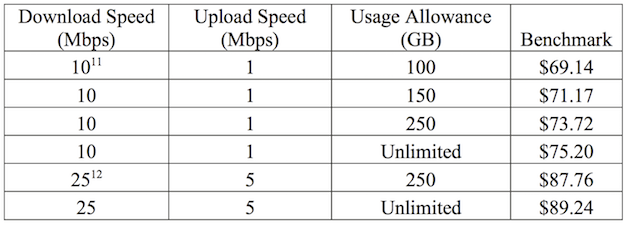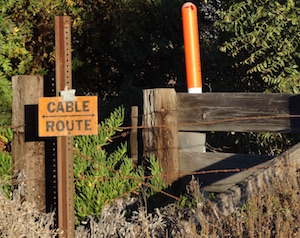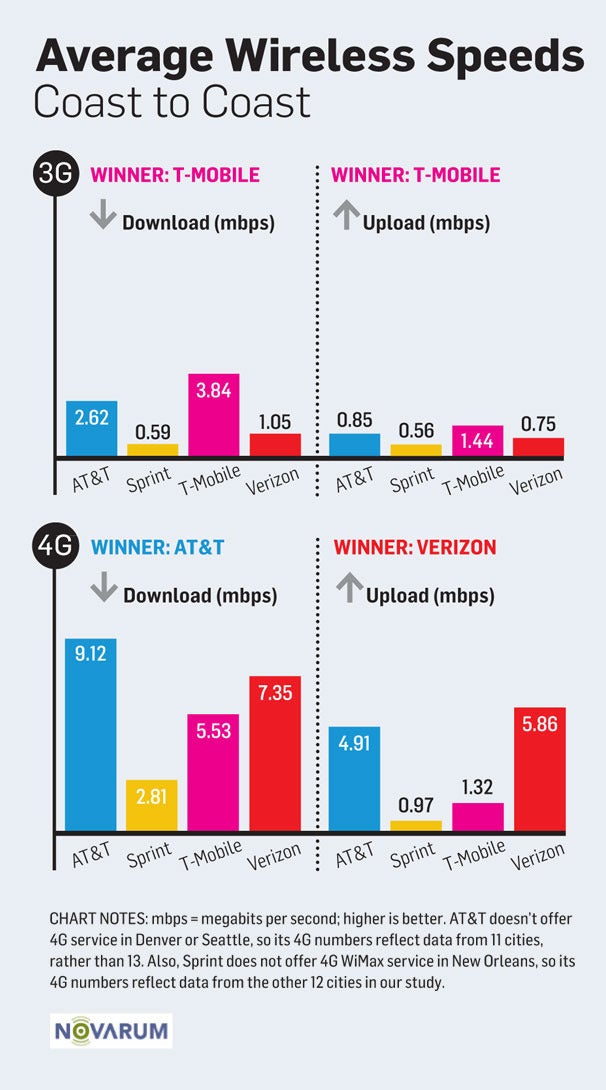AT&T's bid to nix wireline obligations opposed by CPUC

End of the line?
AT&T wants to end wireline service where ever it pleases and that drew fire yesterday from the California Public Utilities Commission. But not the whole commission. By a 3 to 2 vote, the CPUC officially went on record as opposing assembly bill 2395, written by AT&T and carried by Silicon Valley assemblyman Evan Low.
The bill itself is dressed up with talk about improving technology and reducing pollution but, as commissioner Catherine Sandoval explained, it gives AT&T blanket permission to do whatever it wants, however it wants, without subjecting itself to inconvenient regulations or bothersome competitors…
… MoreThis bill would seem to allow a carrier of last resort to keep all the poles, keep all the conduits, keep all the rights of ways, keep the wires, keep the buildings, keep all the facilities that they want, offer none of the services – no basic services – and have no interconnection obligations.




![By DIAC images (Shave (5) Uploaded by russavia) [CC BY 2.0 (https://creativecommons.org/licenses/by/2.0)], via Wikimedia Commons](https://www.tellusventure.com/images/2016/3/shave_haircut.jpg)


![By Krystal (https://www.flickr.com/photos/snerkie/9398393109/) [CC BY 2.0 (https://creativecommons.org/licenses/by/2.0)], via Wikimedia Commons](https://www.tellusventure.com/images/2016/3/sucker_punch.jpg)
![Kevin McCoy [GFDL (https://www.gnu.org/copyleft/fdl.html) or CC BY-SA 2.0 (https://creativecommons.org/licenses/by-sa/2.0)], via Wikimedia Commons](https://www.tellusventure.com/images/2016/3/us_capitol.jpg)